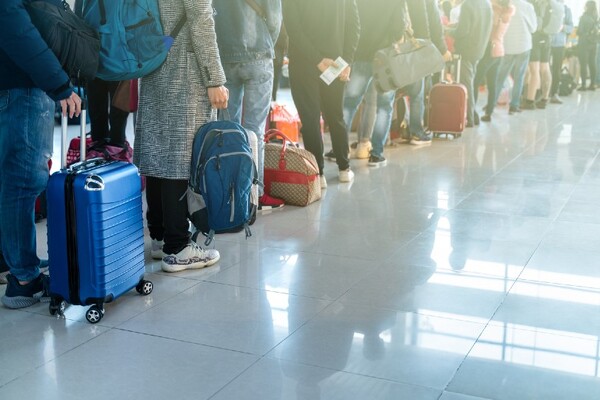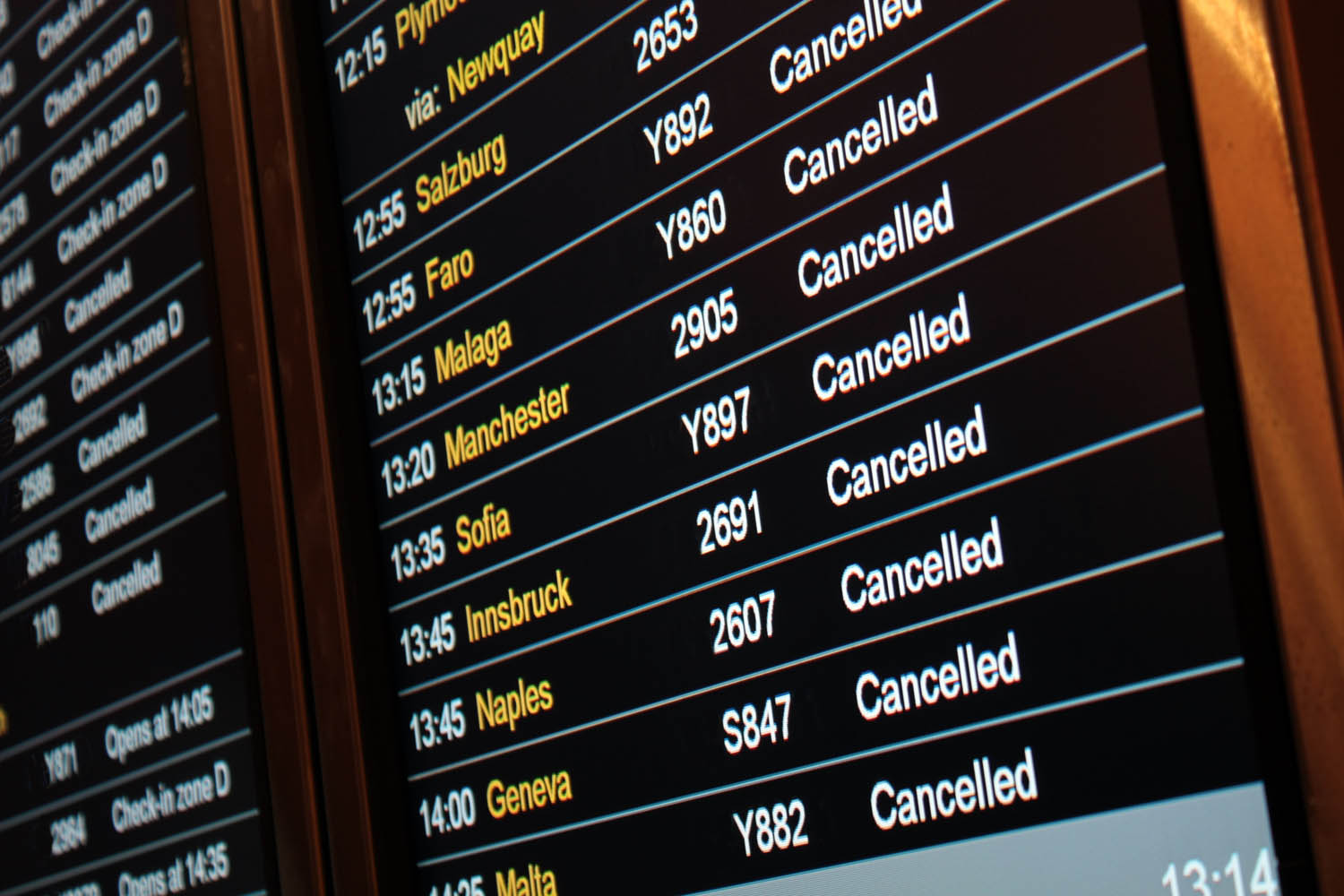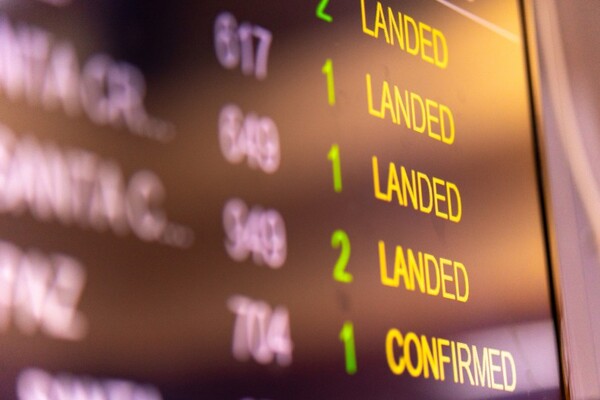Striking back: How travel can tackle negative PR this summer
 Tom Parry
Tom ParryBing Crosby might be better associated with Christmas than summer holidays, but his advice to “accentuate the positive” is one the industry is seeking to get behind as ongoing strike action threatens to cast a cloud as the peak season begins in earnest.
Thursday (25 May) sees the beginning of three days of industrial action by security staff at Heathrow, running across a bank holiday weekend with the most UK flight departures since 2019.
It’s the latest in a string of disputes at airports across the country, and after the challenges of the previous two summers – with airlines, airports, agents and operators initially hamstrung by government restrictions followed by crippling staffing pressures – similar bad PR for the industry at the start of another summer season may unnerve holidaymakers.
According to a recent survey by Holiday Extras, consumers are already unduly worried about the impact of industrial action on their summer travel plans.
Most travellers (94%) of the 1,000 surveyed who have flown in the past three years are expecting their getaways to be affected by strikes this summer. However, more than half of respondents (54%) said they themselves hadn’t actually experienced any strike-related disruption.
How long can the goodwill last?
“The travel industry thrives on certainty, and anything which disrupts that has a knock-on effect to confidence,” TravelTime World director Ashley Quint told TTG, explaining how the Berkhamsted-based agency is communicating to its clients about the “minimal” impact previous strikes have had and trying to set “realistic expectations” with its customers.
Martyn Sumners, executive director of Aito, offered a similarly pragmatic approach. “I think that, while it is certainly an inconvenience for travellers, it’s a bit like the rail strikes: ‘Oh well, it’s another strike; it is what it is, and we just have to cope with it,’” he said.
“Aito’s clientele tends to be well travelled, and so take strikes in their stride – but for families with young children it is, of course, hugely more difficult… as long as holidaymakers can get away within a few hours of their original departure time, many travellers now seem to accept delays are quite normal.”
“We also play on the narrative of being a human travel agent, with a personal service if there is disruption,” added Quint. “We’re available 24/7 in the event of a problem and leave our customers safe in the knowledge they are not on their own, so they don’t have to deal with it, we will.
“In the main, our clients have been relatively relaxed about disruption over the past 18 months – with the understanding that as travel restarted, not everything may work perfectly. Quite how long that goodwill lasts, who knows?”
’Airports must have a Plan B’
According to Sumners, the court of public opinion is still on the side of agents and operators, as clients “realise there is nothing their travel agent or tour operator can do, and that the blame lies elsewhere” and he believes the initial sympathy for striking airport workers “is now waning”.
“The bigger impact is when there are mass cancellations – particularly at short notice. That’s when customers, understandably, get angry because that’s when holidays and other plans are ruined,” he added, calling on airports to ensure they have contingencies in place to deal with disruption.
It’s the specialist operators who face “the biggest challenge by far” when strikes hit, he said. “Trying to find 20 seats, perhaps the evening before a strike hits, is virtually impossible."
Echoing Sumners, Sunvil managing director Chris Wright said although pre-notified strikes were "never good for consumer confidence", their impact was always far outweighed by the fallout caused by the actual disruption.
However, looking back to how things played out over Easter, Wright recalled security strikes at T5 causing few problems, with customers "reporting free-flowing security lanes and queues no longer than normal".
"This, and the fact British Airways has chosen not to cancel any flights, gives confidence that we’ll see things operating smoothly again this weekend," he said. "The industry is in a much better position heading into summer 2023 than at this time last year. I tend to gauge issues by how busy my weekends are when acting as duty manager [and] so far everything has been smooth, which is a good sign."
Sumners said he hoped all airports would "have a Plan B ready" so both travellers and industry businesses would see minimal disruption when faced with industrial walkouts.
Heathrow chief John Holland-Kaye pledged just that, with his comments this week promising passengers “should not be concerned” by the latest walkout after 15 days of action over Easter and coronation bank holidays weekends “had no impact on the smooth running of the airport”.
Similar confidence is shared by Abta, as a spokesperson told TTG “many of the operational challenges experienced last year have now been addressed”, while the association was looking to provide consumers with “practical and accurate advice” to prepare them to travel this summer.
Advantage boss Julia Lo Bue-Said told TTG that “while reports that suggest we may see some disruption”, bookings through her members “remained high” and “expectation of disruption is not putting people off”.
“The industry is part of a wider eco-system with many moving parts. It has shown itself to be able to build back scale quickly post-pandemic,” continued Lo Bue-Said. “Whilst there will always be external factors to contend with, the sector has bounced back and done a remarkable job in putting in place contingency measures, sometimes against all the odds, to ensure travellers in the vast majority of cases can travel with minimal disruption.”
“Sometimes we just have to concentrate on the positives, rather than highlight the negatives. Hopefully, we’ll have positives this summer,” added Quint.
Sign up for weekday travel news and analysis straight to your inbox

Tom Parry
Supplier Directory
Find contacts for 260+ travel suppliers. Type name, company or destination.















